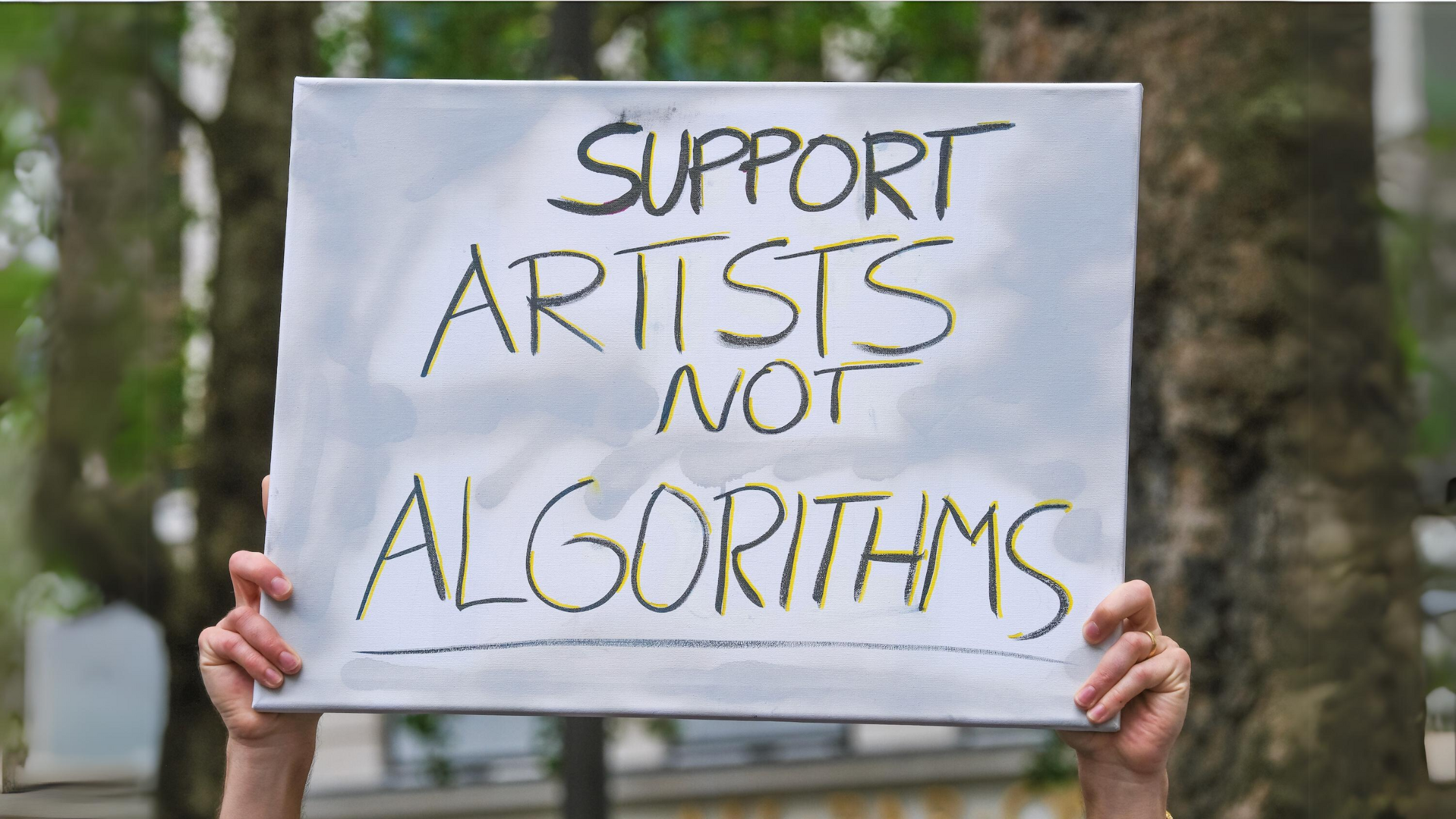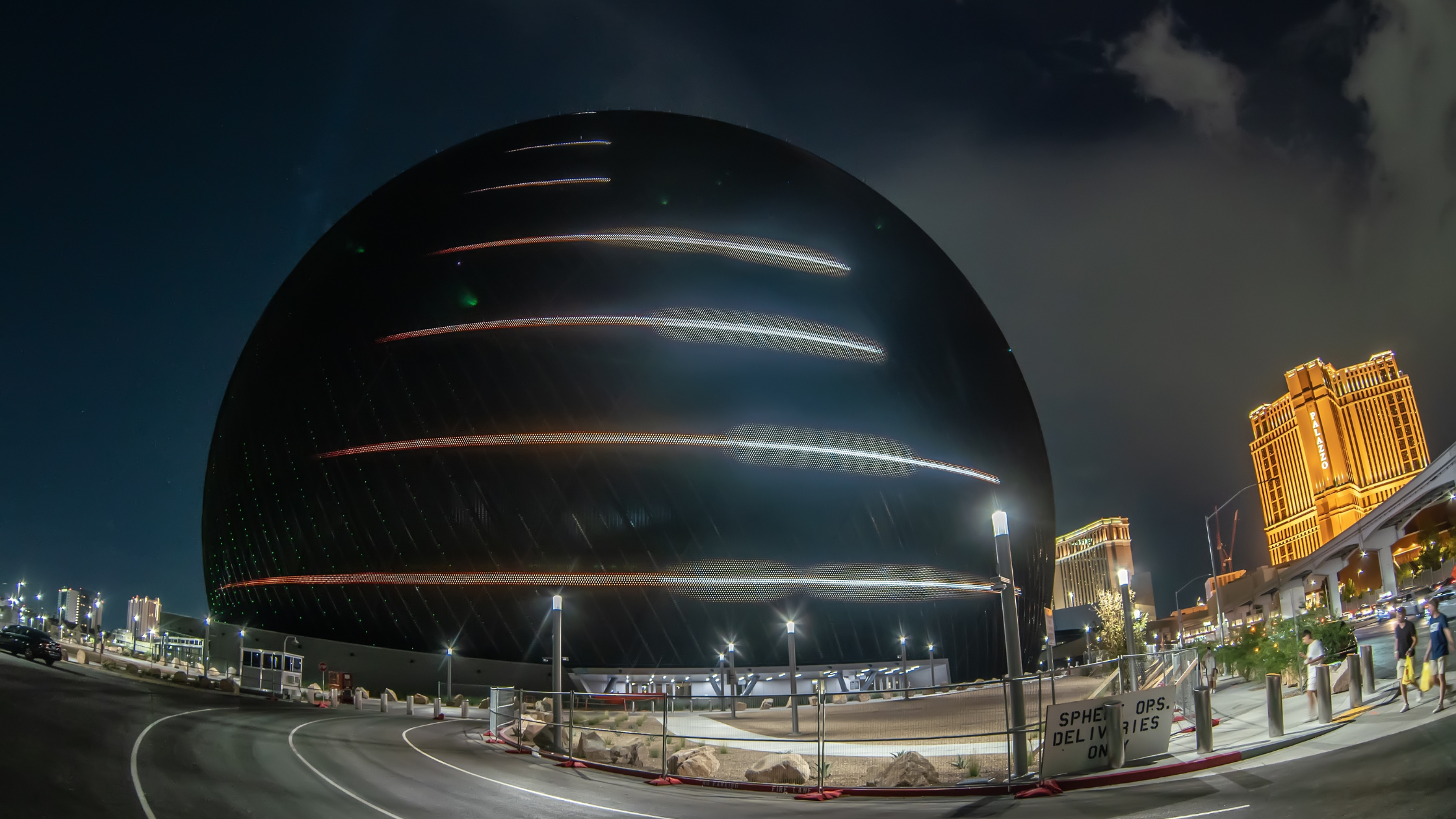Spotify confirmed the changes it is making to the way it shares its revenues with the music industry. It said changes were necessary because "three particular drains on the royalty pool have now reached a tipping point", those being stream manipulation, functional audio and the millions of tracks uploaded by "non-professional artists". The streaming firm is ramping up its efforts to combat stream manipulation and will introduce new rules that will reduce the amount of money that goes to functional audio like white noise and bird song. Most controversial, though, is the 1000 plays a year threshold that a track will have to pass to be allocated any money at all. That change will see money diverted away from grassroots artists so to benefit, Spotify insisted, "emerging and professional artists". Though the majority of that cash will likely end up with superstars and major labels.

A number of musicians, as well as music industry veteran Jimmy Iovine, were subject to lawsuits filed under New York's Adult Survivors Act. The act provided a twelve month window during which victims of sexual assault or abuse could file new legal proceedings even if alleged incidents occurred sufficiently long ago that a legal claim would usually be barred by the statute of limitations. In the final days of that one year period lawsuits were filed accusing Axl Rose, Sean Combs and Anti-Flag frontman Justin Sane of sexual assault, and Iovine of sexual abuse and harassment. All the accused have denied the allegations against them. The litigation could put the spotlight more generally on sexual misconduct in the music industry. A lawyer working for Sane's accuser told reporters: “I predict that in five years the music industry will be viewed the same way as the Catholic Church or the Boy Scouts - a powerful force that also enabled and shielded sexual predators for decades”.


The UK's Council Of Music Makers hit out at a government-convened meeting on AI attended by all three major record companies but no music-makers. The meeting was chaired by UK Culture Minister Lucy Frazer and looked at the impact of AI on the creative industries. Reps also attended from the movie, photography and book sectors. However, there was just one representative for individual creators rather than corporate rightsholders, Nicola Soloman, who is CEO of the Society For Authors and also chairs the cross-artform Creators’ Rights Alliance. The CMM said in an open letter that it was "hugely concerned that the government is forming a roundtable which only gives one single seat to a representative of all creatives across all media, but has three seats for executives from major record companies. This is profoundly unbalanced and tone-deaf”.

Live Nation was accused of “egregiously stonewalling” an investigation in the American Senate into "abusive consumer practices". With the ticketing sector back in the political spotlight in the US, the Senate Permanent Subcommittee On Investigations is looking into what impact the dominance of Live Nation and its Ticketmaster subsidiary has on the live entertainment market. It this week subpoenaed the live giant in order to access internal documents to help with its inquiry, with committee chair Richard Blumenthal stating: "Live Nation has egregiously stonewalled my subcommittee’s inquiry into its abusive consumer practices - making the subpoena necessary". A Live Nation spokesperson insisted that the company had "voluntarily worked with the subcommittee from the start", but said that it needed reassurances about confidentially before handing over all the requested documents.

London Mayor Sadiq Khan blocked plans for an MSG Sphere venue to be built in Stratford. MSG wanted to build a high-tech Sphere complex, like the one it has just opened in Las Vegas, alongside the Olympic Park in East London. Its plans were approved by the authority that oversees developments in and around the park, but Khan's approval was also required. There was plenty of opposition to the proposed new venue from local residents, in particular over the LED skin that would turn the building into a giant screen pumping out imagery and advertising. "The amount of light pollution that it would cause for Stratford residents, its huge electricity bill and associated lack of 'green' credentials", were all reasons why Khan decided to block the venue. MSG said it was disappointed with the Mayor's decision but would now focus on "forward-thinking cities" that are eager to host Sphere venues.



